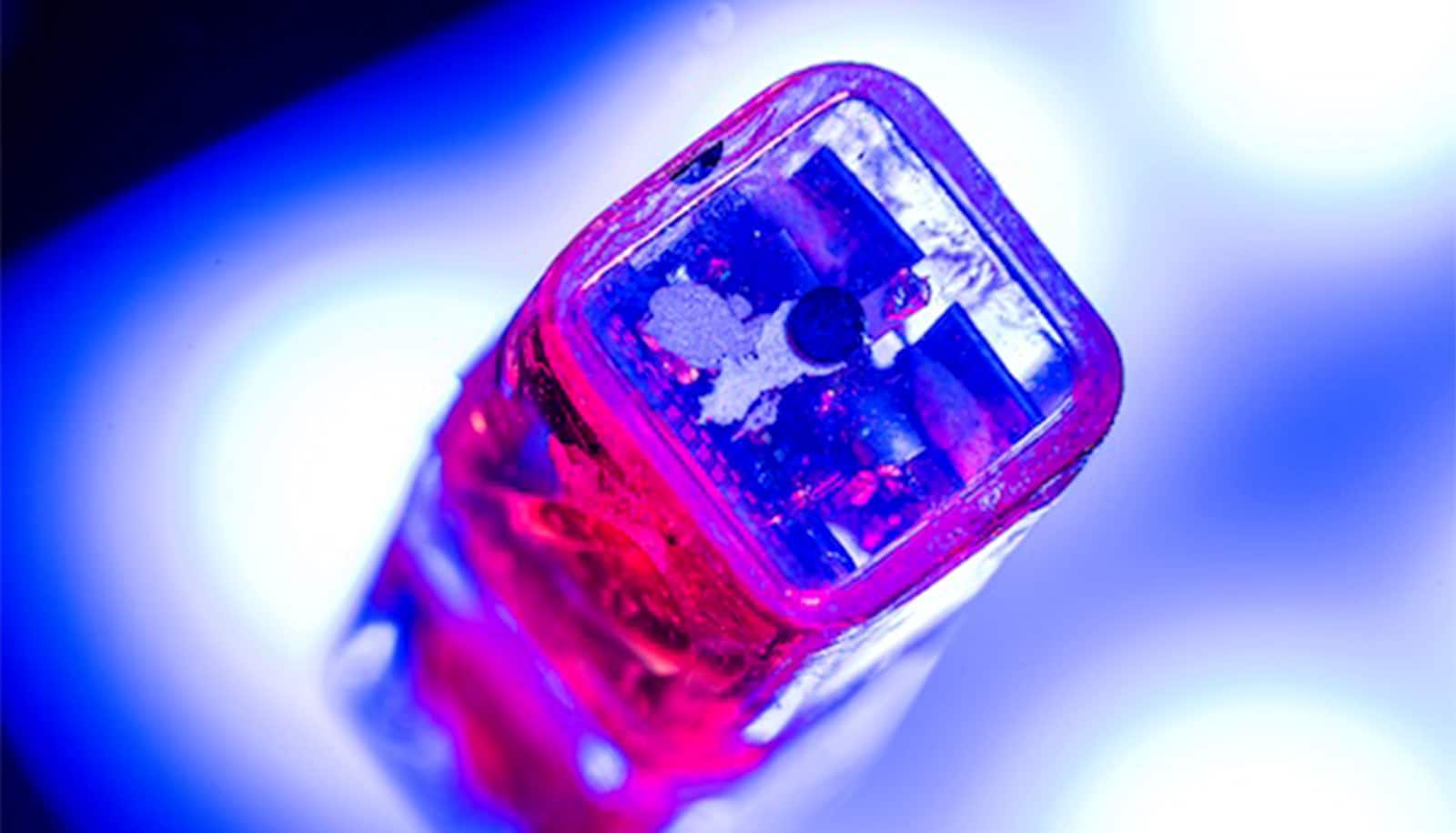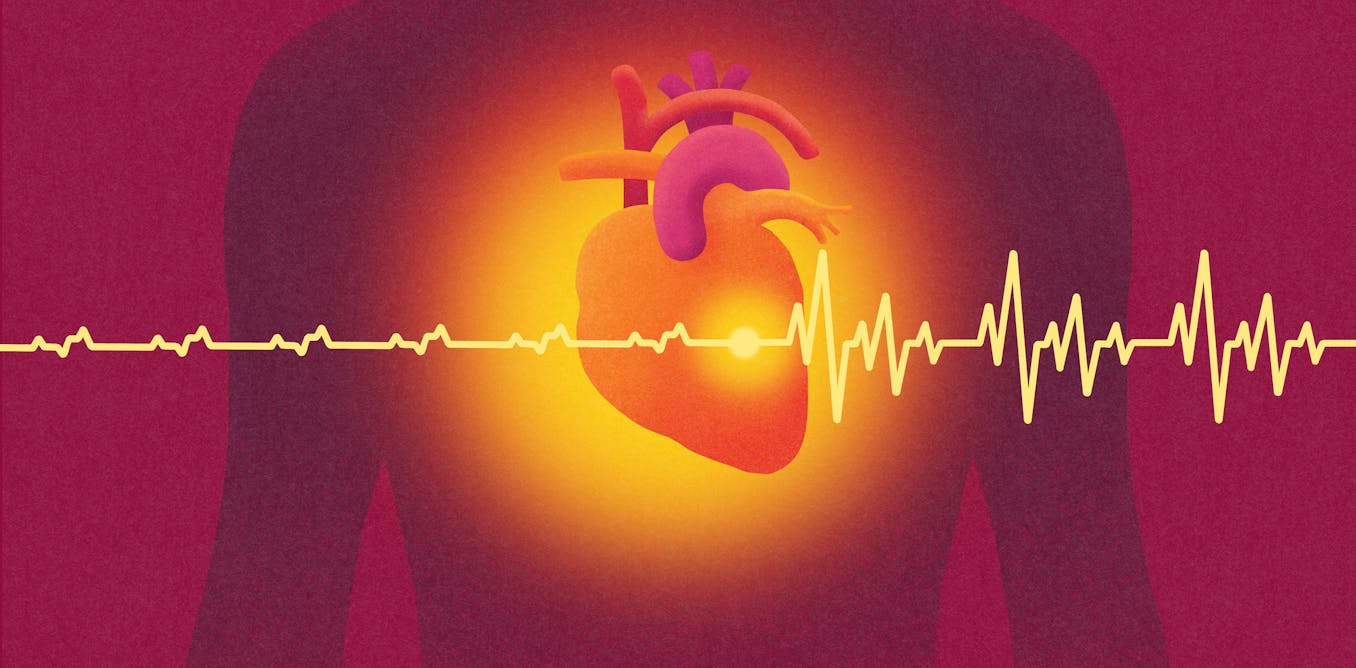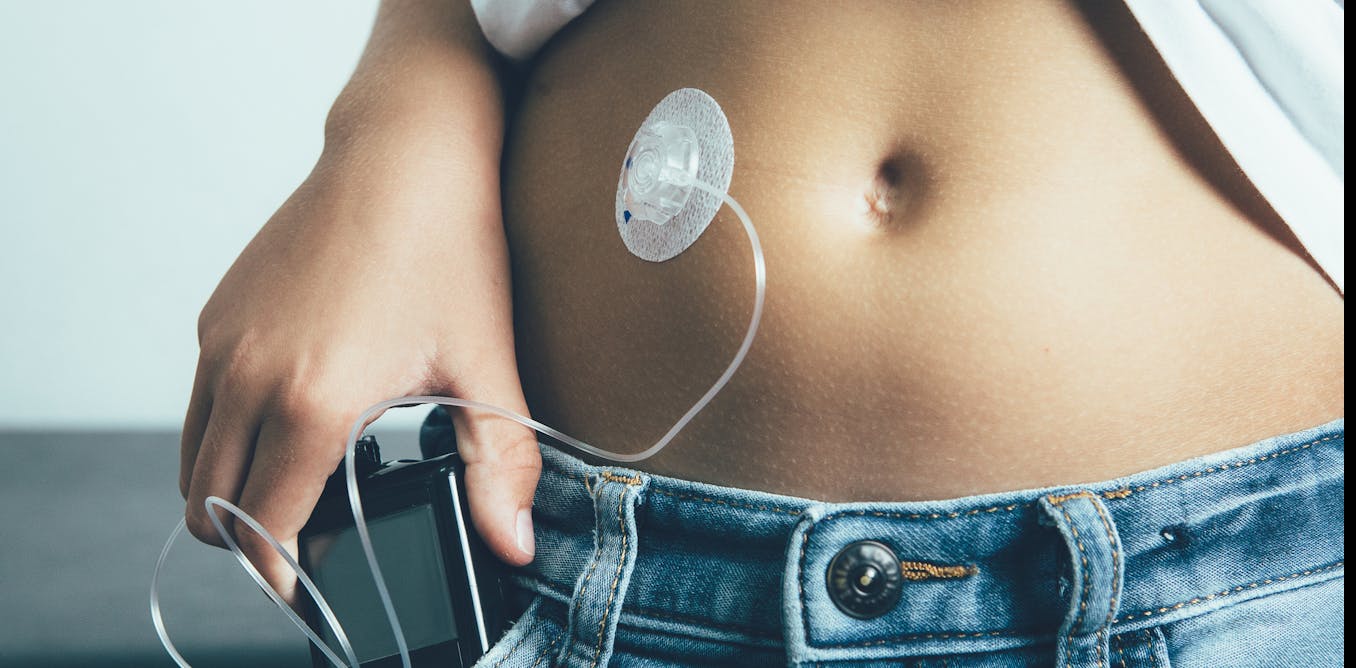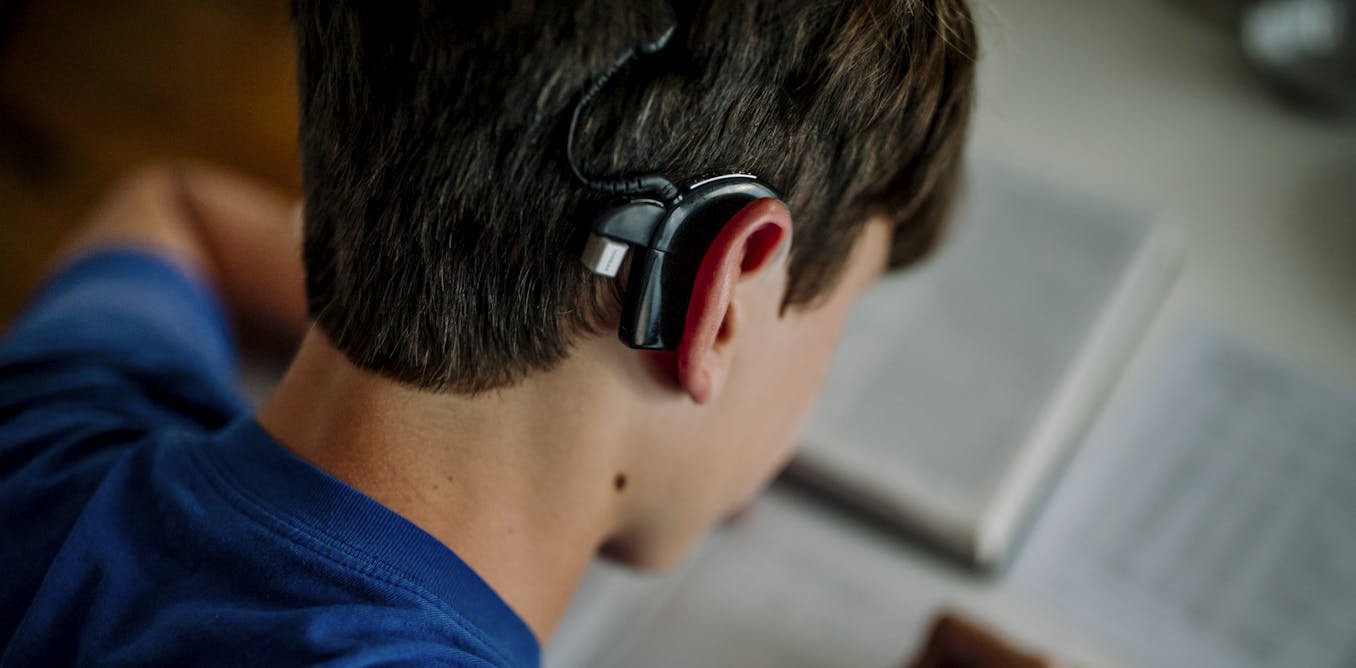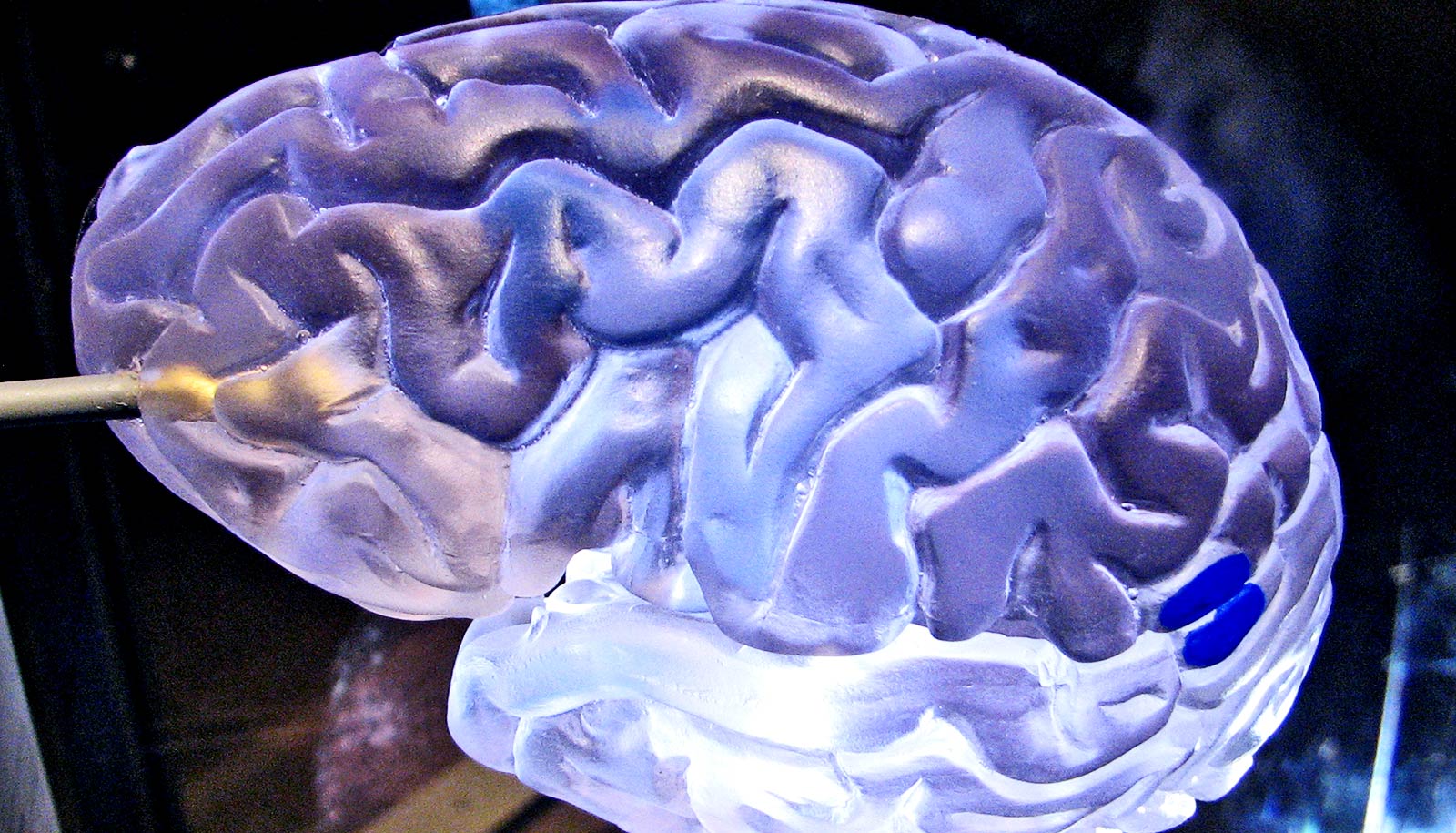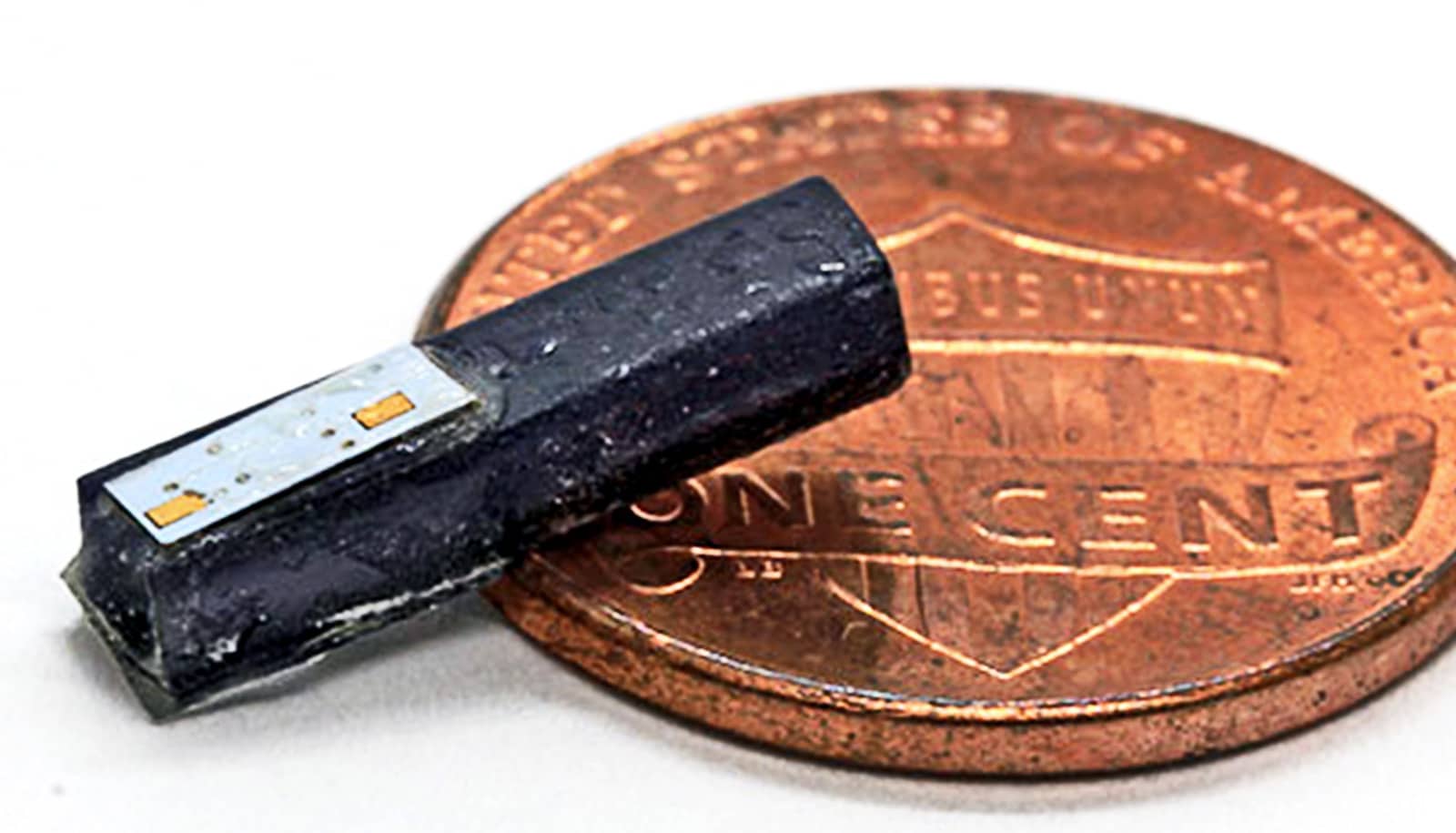Pacemaker powered by light eliminates need for batteries and allows the heart to function more naturally − new research
Researchers designed an ultrathin pacemaker that can be implanted via minimally invasive techniques, potentially improving recovery time and reducing the risk of complications.
March 15, 2024 • ~6 min
The brain is the most complicated object in the universe. This is the story of scientists’ quest to decode it – and read people’s minds
As Elon Musk’s Neuralink begins inserting chips into human brains, we trace the history of ‘mind reading’ technology and assess the potential risks and rewards
Feb. 7, 2024 • ~30 min
Implants like pacemakers and insulin pumps often fail because of immune attacks − stopping them could make medical devices safer and longer-lasting
From breast implants to prosthetic knees, implants can trigger a foreign body response that results in your body rejecting them. Suppressing an immune cell gene could reduce this risk.
Sept. 25, 2023 • ~7 min
Cochlear implants can bring the experience of sound to those with hearing loss, but results may vary – here's why
Researchers are exploring different ways to improve how cochlear implant users perceive speech and music in noisy environments.
Jan. 23, 2023 • ~9 min
Newly available over-the-counter hearing aids offer many benefits, but consumers should be aware of the potential drawbacks
They are easy to get, and far less costly than prescription hearing aids. But over-the-counter devices are not the answer for everyone with hearing issues.
Oct. 21, 2022 • ~7 min
/
5

